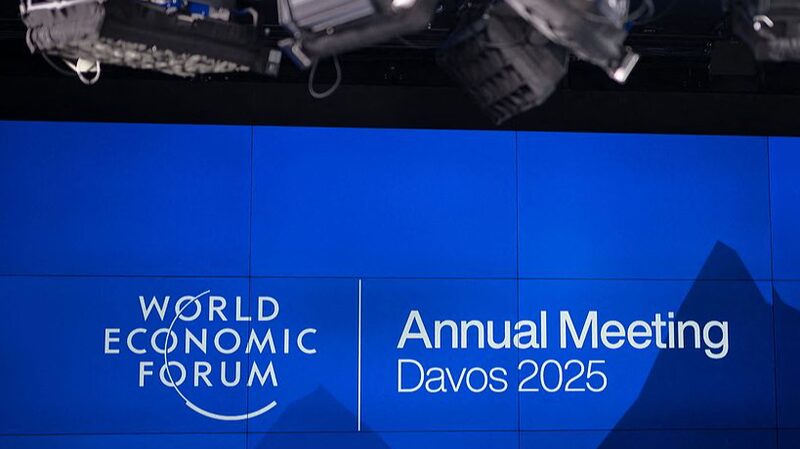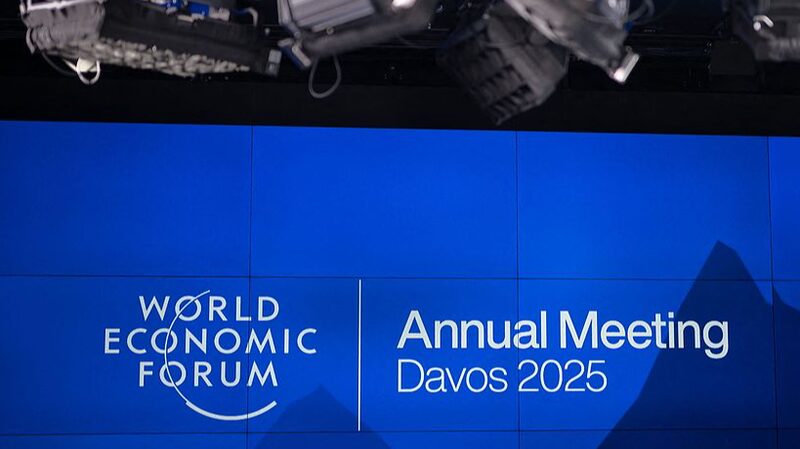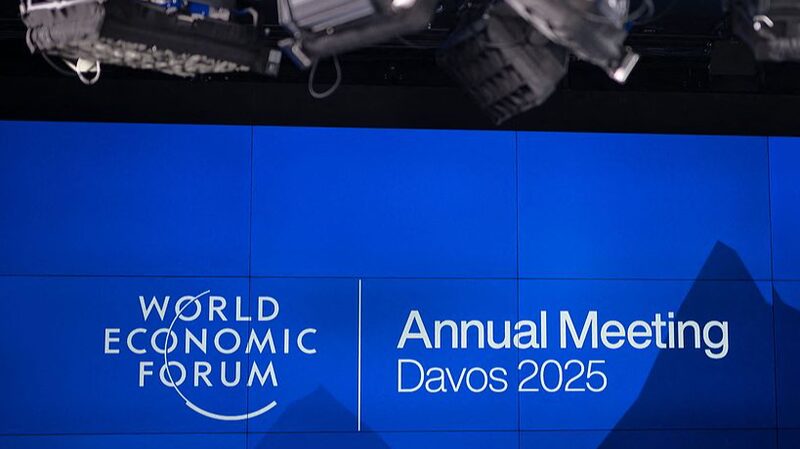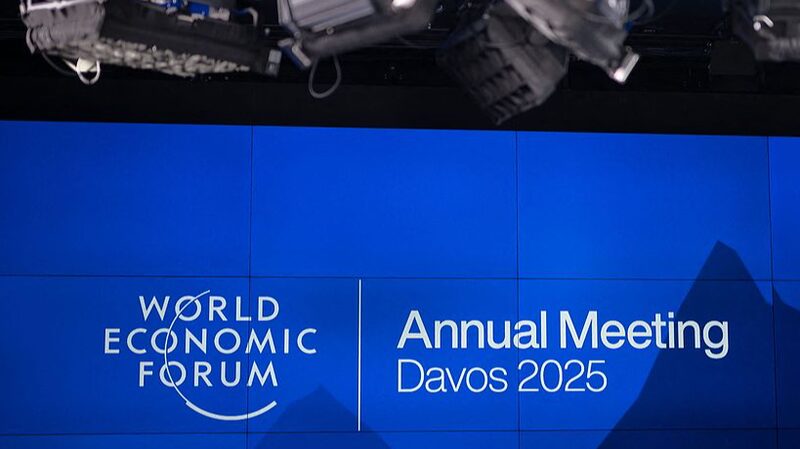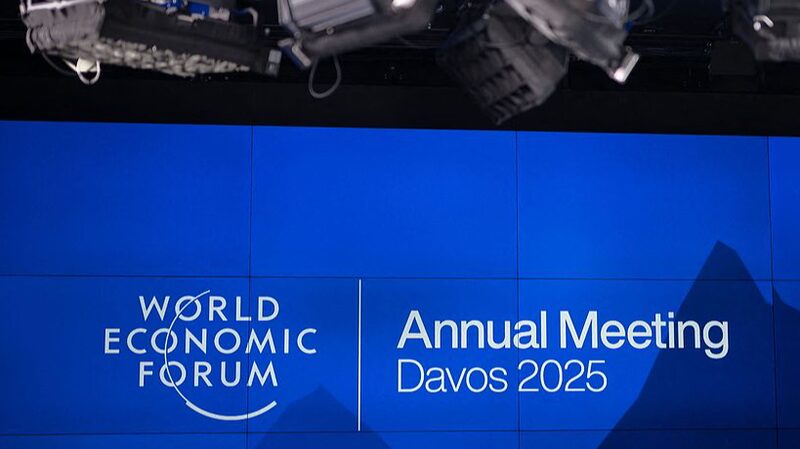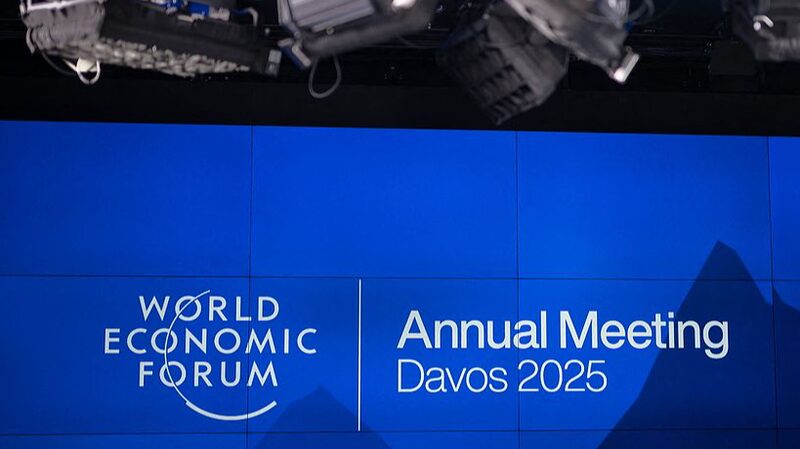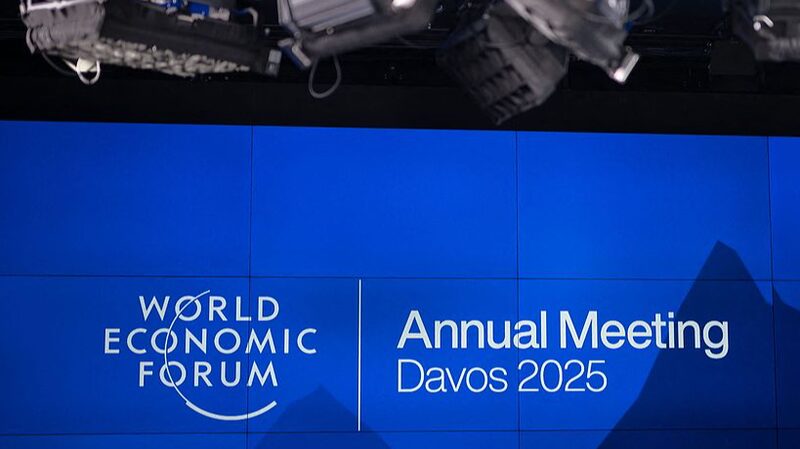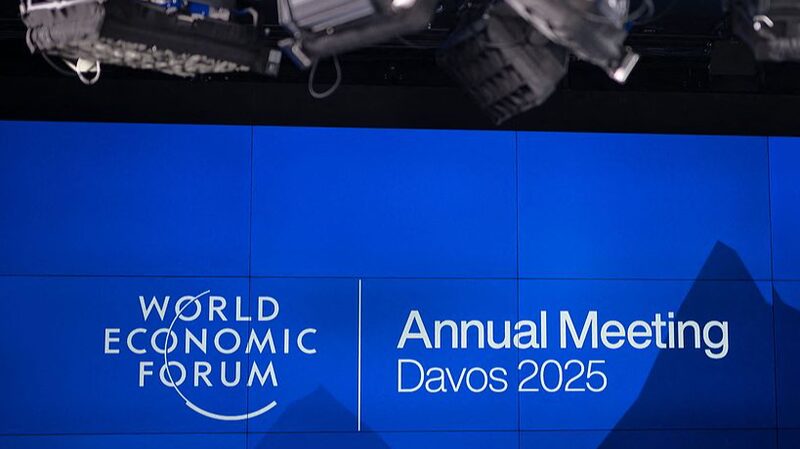The world is once again turning its attention to the serene alpine town of Davos, Switzerland, where from January 20 to 24, 2025, the World Economic Forum (WEF) will convene its annual meeting. This gathering is expected to bring together nearly 3,000 leaders from the realms of politics, academia, and business, including 60 heads of state and government, all poised to address the pressing challenges and opportunities of our time.
Throughout its storied history, the WEF has been a crucible for pivotal moments that have shaped global discourse. In 1992, it was here that Nelson Mandela and F.W. de Klerk met outside South Africa for the first time, their handshake symbolizing a turning point in the fight against apartheid. In 1998, amid a tumultuous financial crisis, the seeds for the creation of the Group of 20 (G20) were sown, establishing a new platform for economic cooperation between developed and developing nations.
As we approach Davos 2025, the stakes are higher than ever. The past years have seen a widening chasm between global aspirations and anxieties. Geopolitical tensions, economic uncertainty, trade disputes, cultural polarization, and climate challenges have become increasingly complex and intertwined. At the same time, rapid advancements in technologies such as quantum computing, biotechnology, and artificial intelligence offer unprecedented opportunities to enhance productivity, elevate living standards, and reduce poverty and inequality.
Collaborating for the Intelligent Age
The theme for this year’s forum, \"Collaborating for the Intelligent Age,\" underscores the profound transformations reshaping our world. It highlights how converging technologies have the potential to both uplift and divide humanity, depending on how we choose to harness them. Under this overarching theme, the forum will focus on five key priorities:
- Rethinking Growth: Exploring new economic models that promote sustainable development and equitable prosperity.
- Industries in the Intelligent Age: Examining how industries can adapt and thrive amid technological disruptions.
- Investing in People: Emphasizing education, skills development, and inclusive policies to empower individuals in the digital era.
- Safeguarding the Planet: Addressing environmental challenges and promoting strategies for climate resilience and sustainability.
- Rebuilding Trust: Fostering dialogue and cooperation to mend societal divisions and strengthen global governance.
For the diverse audience of KhabarAsia.com, the outcomes of Davos 2025 hold significant implications. Business professionals and investors may find insights into emerging markets and technological trends that could shape investment opportunities across Asia. Academics and researchers might gain valuable perspectives on policy initiatives and international collaborations. Members of the Asian diaspora and global readers will be keen to understand how these global discussions impact their home countries and the broader region. Travelers and cultural enthusiasts may look forward to seeing how cultural exchanges and innovations influence global connectivity.
As the world navigates the complexities of the intelligent age, the WEF's annual meeting presents a critical platform for collaboration and solution-building. The conversations and commitments made in Davos could pave the way for a more inclusive, sustainable, and prosperous future for all.
Reference(s):
cgtn.com
